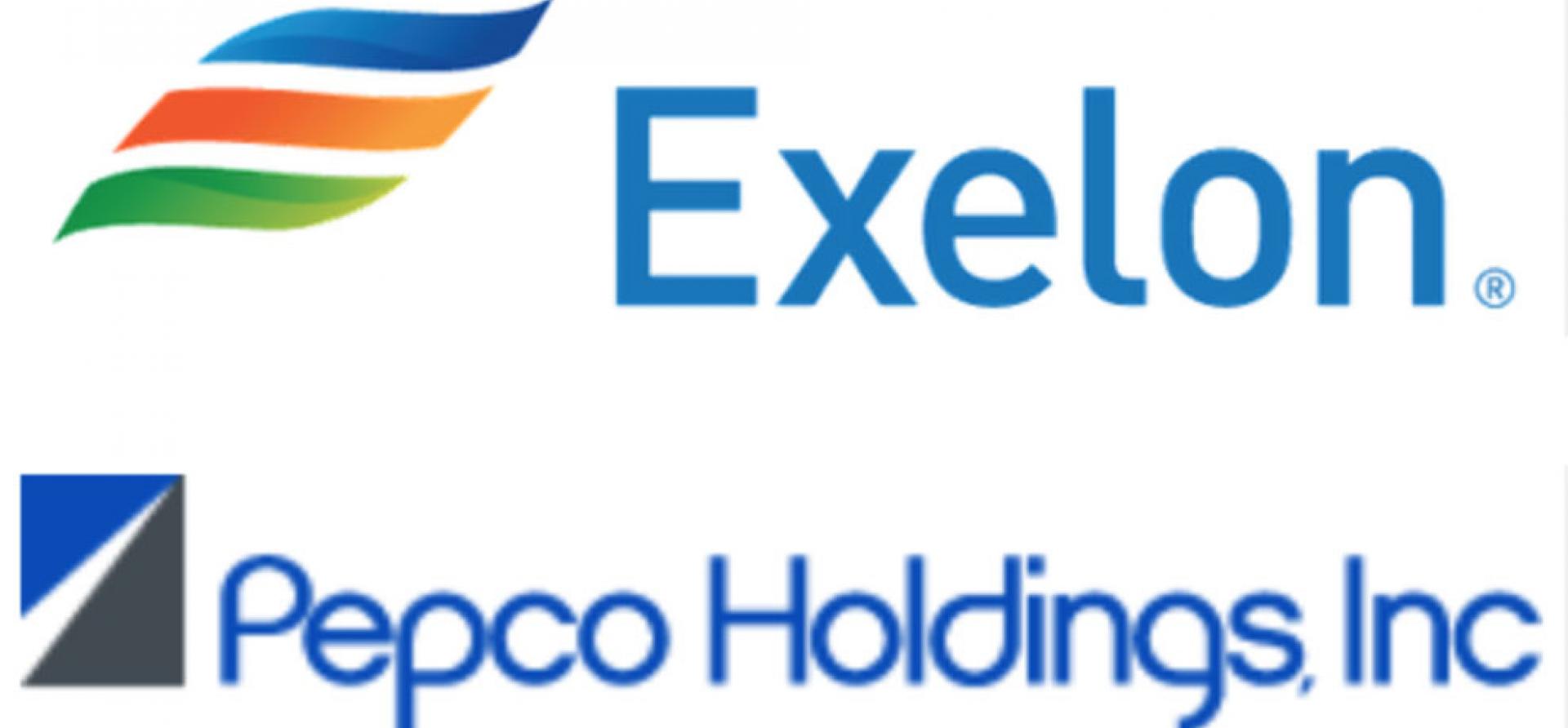Note to the D.C. Public Service Commission: An Exelon-Pepco Merger Would Damage Ratepayers

In an under-publicized dissent last week, two members of the Maryland Public Service Commission described the proposed merger of Exelon Corp. and Pepco Holdings for what it is—a corporate windfall that heaps risk onto customers.
Commissioners Harold D. Williams and Anne E. Hoskins, the dissenting voices in the commission’s 3-2 decision to approve the merger, summed up the harm that would result: “It will undermine competition; it will increase rates, challenging affordability for many consumers; and it will eviscerate economic protections due to a weakened and compromised corporate governance structure.”
Our hope at IEEFA is that the District of Columbia Public Service Commission is listening. Approval by that body stands as the last hurdle to the deal (the D.C. commission will stop taking public comments and close the case record on May 27, and will rule on the case within 90 days).
Williams and Hoskins break down the potential damage in a 54-page dissent whose major points include these:
- The financial gain awarded Pepco executives and shareholders would grossly outweigh whatever Pepco’s 727,000 ratepayers would pick up in purported savings. Pepco stockholders, for example, would receive a $1.2 billion premium while Maryland ratepayers, by contrast, would get about one-tenth of that amount ($123 million) in rate credits and funding for energy-efficiency programs.
- Many low-income customers would be excluded from rate credits because about two-thirds of all such customers are renters and a quarter of those live under master-metered electricity accounts where tenants aren’t billed directly for electricity and therefore wouldn’t get the credits.
- If the acquisition goes through, Pepco would be owned and operated by a company whose primary interest is in maximizing revenues for its mostly out-of-state power plants — an interest that does not necessarily align with those of ratepayers in Maryland and D.C. (Or Delaware and New Jersey, for that matter, which would also be affected by the merger and where regulators have approved it anyway).
- Pepco would be chained to Exelon’s outdated business model, which is built largely on nuclear power. That gives Exelon an economic incentive to suppress cleaner and more efficient emerging technology, including the development of distributed renewable energy and micro grids. One of Exelon’s worries, Williams and Hoskins note, is that such technology could “cannibalize” Exelon’s core business.
- Exelon’s acquisition of Pepco would mean also that the entire mid-Atlantic would lose a unique voice in an independent Pepco that “will now not be heard” on matters that come before regulators “regarding energy efficiency, demand response, integration of renewable resources and other pressing energy issues.”
Williams and Hoskins aren’t pulling their arguments out of thin air. Their views are rooted in a strong record of public comment that includes opposition from all of the Maryland agencies charged with representing the public interest before the Public Service Commission—the Maryland Energy Administration, the Office of People’s Counsel and the Public Service Commission’s own staff. (The dissent also states many of the same objections to the merger we outlined in a report we published in January, “Exelon’s Proposed Acquisition of Pepco: Corporate Strategy at Ratepayer Expense.”)
An Exelon-Pepco merger clearly is not in the public’s best interest, and the D.C. Public Service Commission should not let it happen.
Cathy Kunkel is an IEEFA fellow.















